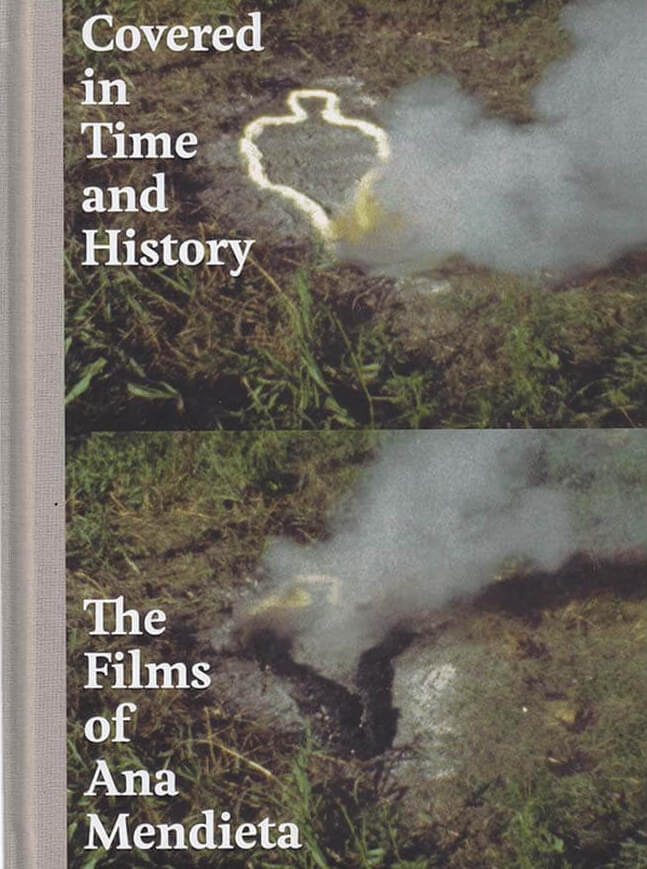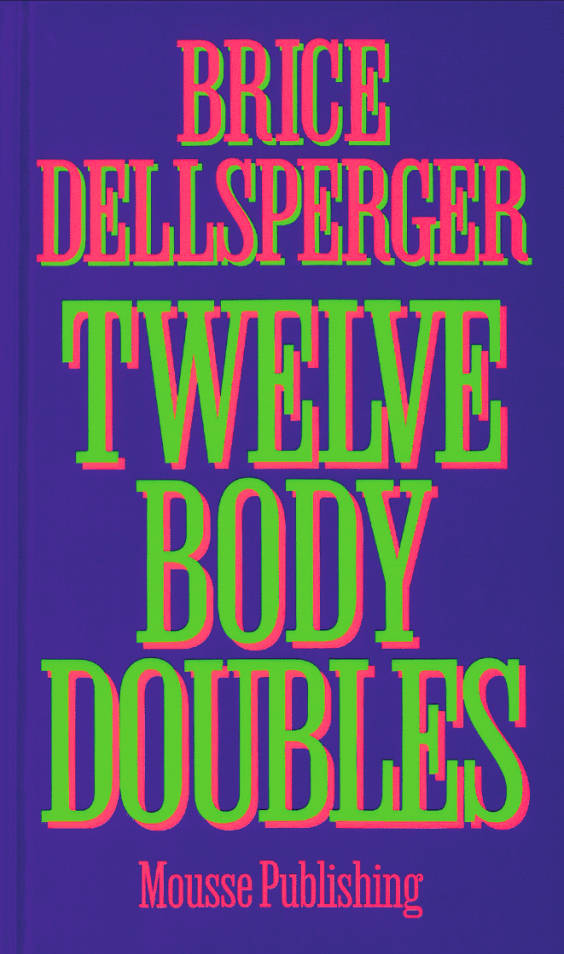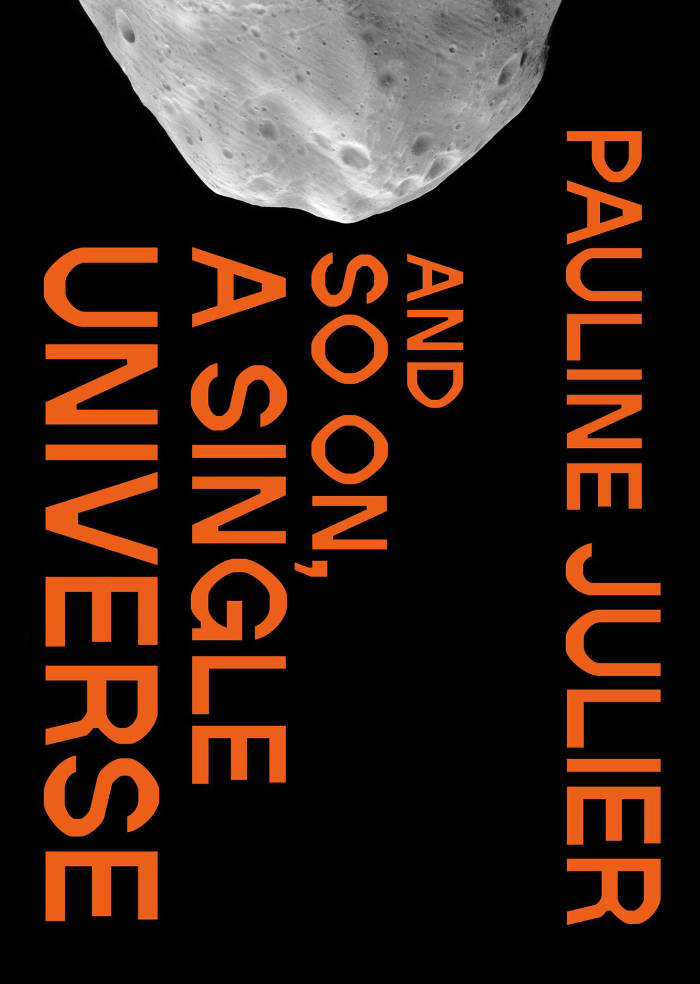An encounter between dance and visual arts.
Dance First Think Later - The Thinking Body between Dance and Visual Arts follows on from the exhibition-festival Dance First Think Later - An Encounter between Dance and Visual Arts, presented in Geneva in summer 2020, documenting it with a wealth of iconography and enriching it with a critical, theoretical and historical perspective on the works and the project. Commissioned texts are devoted to the 22 artists, written by authors active in museums, festivals, art schools, independent critics and artists.
The biennial event Dance First Think Later explores the converging fields between dance, performance, visual arts and moving images. Arta Sperto, which is organising and producing the exhibition-festival and publishing the book, is developing a cross-disciplinary approach that combines the operating mechanisms of the visual and performing arts, and the respective characteristics of museums/art centres and theatres/festivals. This approach is motivated by the need to support artists whose cross-disciplinary practices come up against the way in which culture is still largely organised by field, whether in terms of cultural policies, institutions, funding or the media. Starting with the works themselves, the book offers food for thought on cross-disciplinary approaches to the contemporary arts.
With / around Halil Altindere, Alexandra Bachzetsis & Julia Born, Pauline Boudry & Renate Lorenz, Alex Cecchetti, Clément Cogitore, Dara Friedman, Gerard & Kelly, Marie-Caroline Hominal, Lenio Kaklea, La Ribot, Pierre Leguillon, Xavier Le Roy, Klara Lidén, Melanie Manchot, Olivier Mosset & Jacob Kassay, Samuel Pajand, Christodoulos Panayiotou, Alexandra Pirici, Julien Prévieux, Marinella Senatore, Gregory Stauffer, Barbara Wagner & Benjamin de Burca.







